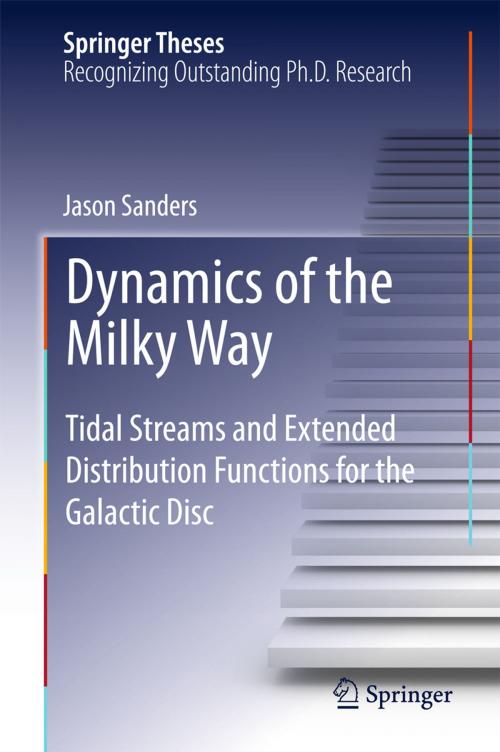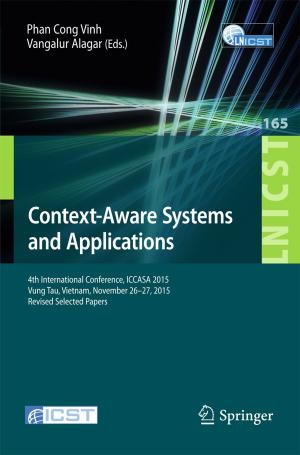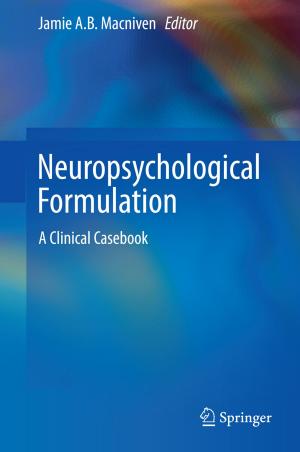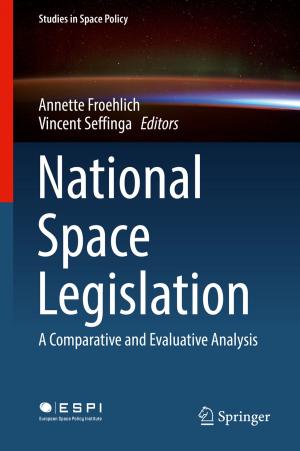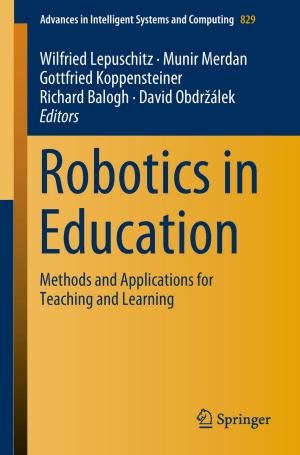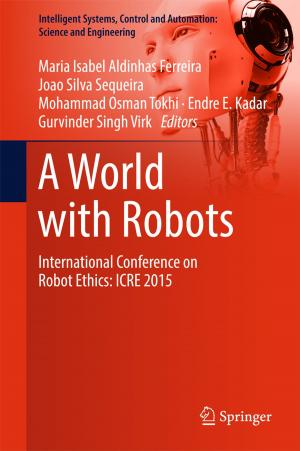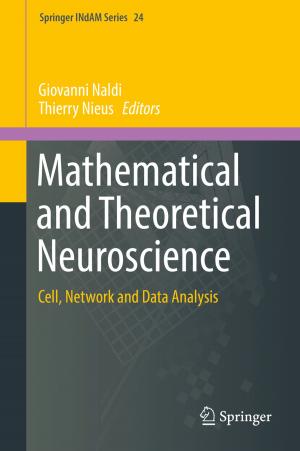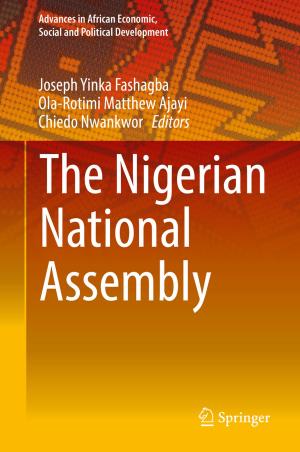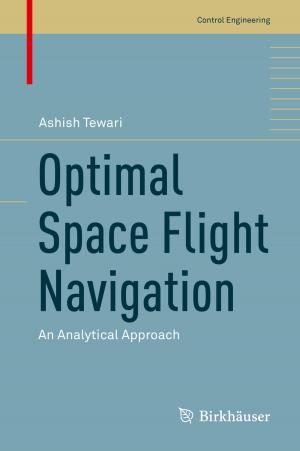Dynamics of the Milky Way
Tidal Streams and Extended Distribution Functions for the Galactic Disc
Nonfiction, Science & Nature, Science, Physics, Mathematical Physics, Astrophysics & Space Science, Technology| Author: | Jason Sanders | ISBN: | 9783319187723 |
| Publisher: | Springer International Publishing | Publication: | June 15, 2015 |
| Imprint: | Springer | Language: | English |
| Author: | Jason Sanders |
| ISBN: | 9783319187723 |
| Publisher: | Springer International Publishing |
| Publication: | June 15, 2015 |
| Imprint: | Springer |
| Language: | English |
This work presents a study of methods useful for modeling and understanding dynamical systems in the Galaxy. A natural coordinate system for the study of dynamical systems is the angle-action coordinate system. New methods for the approximation of the action-angle variables in general potentials are presented and discussed. These new tools are applied to the construction of dynamical models for two of the Galaxy’s components: tidal streams and the Galactic disc. Tidal streams are remnants of tidally stripped satellites in the Milky Way that experience the effects of the large scale structure of the Galactic gravitational potential, while the Galactic disc provides insights into the nature of the Galaxy near the Sun. Appropriate action-based models are presented and discussed for these components, and extended to include further information such as the metallicity of stars.
This work presents a study of methods useful for modeling and understanding dynamical systems in the Galaxy. A natural coordinate system for the study of dynamical systems is the angle-action coordinate system. New methods for the approximation of the action-angle variables in general potentials are presented and discussed. These new tools are applied to the construction of dynamical models for two of the Galaxy’s components: tidal streams and the Galactic disc. Tidal streams are remnants of tidally stripped satellites in the Milky Way that experience the effects of the large scale structure of the Galactic gravitational potential, while the Galactic disc provides insights into the nature of the Galaxy near the Sun. Appropriate action-based models are presented and discussed for these components, and extended to include further information such as the metallicity of stars.
